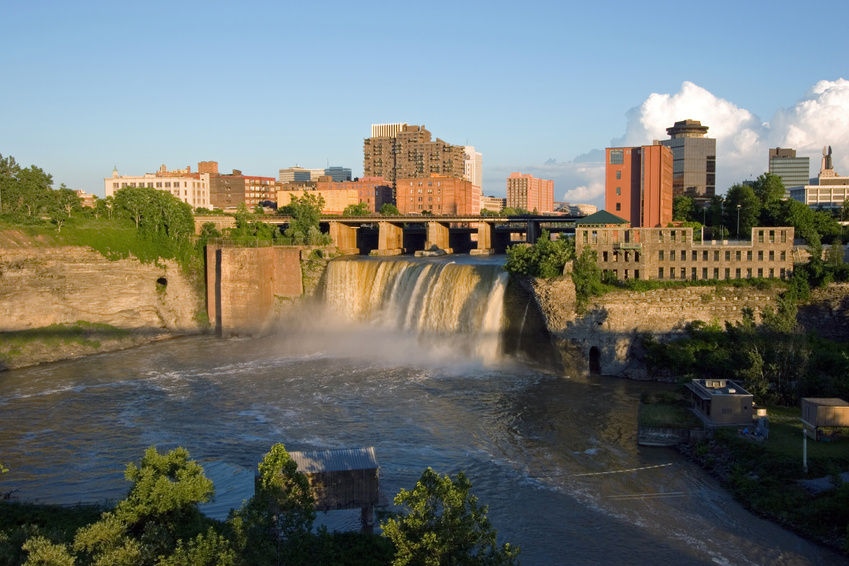
In August 2013, the USDA announced that there are 8144 different farmers markets listed in latest National Farmers Market Directory. That is an increase of more than 3000 farmers since 2008. Even if you don’t typically frequent farmers markets this is good news, as Marketumbrella found in 2012 that local businesses located near farmers markets benefit as well. Depending upon their size and proximity to farmers markets, some businesses attribute increased sales between $19,000 and $15 million to their local farmers markets.
Farmers markets are well-known as popular and convenient outlets through which local farmers, merchants, and artisans can sell their goods to local customers. Traditionally, produce has always been a favorite among locals who appreciate fresh and cheap organic food grown by local farmers.
The concept behind the farmers markets as we know them today is the oldest type of retail. Even though open, mass farmers markets have been around for centuries, the modern convenience and shelter of small general stores, and the subsequent sociocultural proliferation of enormous supermarket chains, has rendered modern day farmers markets somewhat of a novelty. However, when you consider the fantastic fresh produce, low organic food prices, and variety of other farmers market supplies, farmers markets are far more practical than novel.
While you have probably experienced several different farmers markets, have you ever wondered who is responsible for organizing the various aspects of starting a farmers market? After all, someone is responsible for finding a location, obtaining legal permission to use the space, enlisting vendors, and addressing the issues of liability insurance. In addition to those concerns, many farmers markets will offer some kind of entertainment, which usually requires paying live music acts.
Although farmers markets can differ considerably from one to the next, they are usually popular places. Actually, weekly or monthly farmers markets are more akin to events than places, and are typically well-attended, especially when some type of live entertainment is provided.
Regardless of the number of vendors, location, and frequency, starting a farmers market is beneficial to the entire community. They offer local farmers and artisans venues through which they can profit from their work, and the public has the opportunity to purchase fresh food and produce, while feeling good about supporting their local economies.